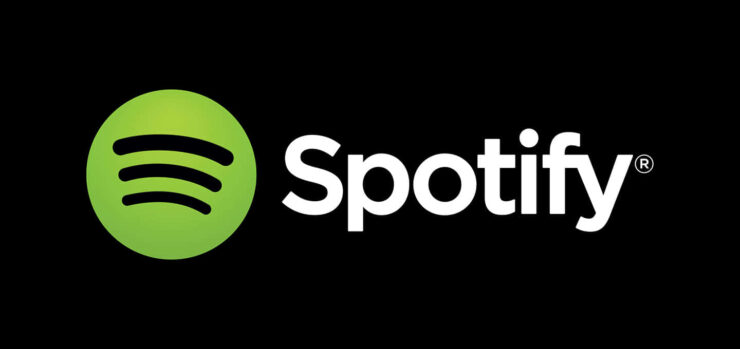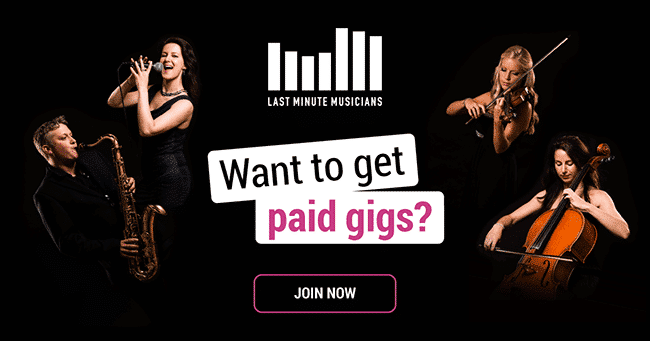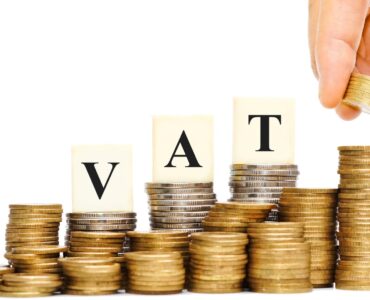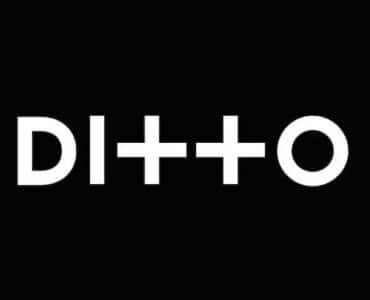Back in 2014, Taylor Swift joined other pop artists like Thom Yorke, and pulled her music from Spotify, losing out on an approximate revenue of $6 million. Though she has since struck a deal with the company, is paying for original music to be streamed on services such as Spotify a worthwhile investment for those who aren’t yet as popular as her?
For many, the answer is a simple ‘no’. Whilst Taylor Swift and other artists have major labels to back them up, both financially and in terms of press, independent artists – who may also moonlight in work like bar jobs when they’re not playing music – are unable to justify putting their music on services like Spotify, through fear of the streaming resource cannibalising music sales.
Former Talking Head David Byrne has also condemned free streaming services declaring that they ‘suck the creative content out of the whole world until there is nothing left’.
Bassist Chris Hill responded to Spotify’s $2 billion and counting news article after it was shared on the Last Minute Musicians Facebook page,
What about those at the bottom, those whose ability to sell fifty or a hundred CDs at their gigs has completely dried up since their confused fans come to them at the end of a show and say ‘we love your record, we listen to it on Spotify’. And how horrified those fans would be if they actually knew that their £120 a year subscription has been scattered so thinly and so far that the artists they love and want to hear more of might receive a few pounds at best. It’s a joke.
Chris Hill
What is Spotify?
Unless you have been hiding under a rock for the last decade or so, you’re probably at least vaguely aware of Spotify. It’s a subscription-model service that provides access to millions of tracks, albums and podcasts.
It has both brand new releases, and extended back catalogue, from most of the worlds major artists. It’s played via their app, or online player. There is also a social aspect of the service – you are able to see what your friends are listening to, as well as making and sharing playlists.
For musicians, the rise of Spotify has seen mixed reaction. Many large acts have chosen to boycott the service, as (as of 2019) it pays just $0.00437 per play. In context, that means you would need 336,842 plays each month to make the US minimum wage of $1472.
Many independent artists also argue that streaming music also cannibalises full-price sales of music (be they physical CDs or online downloads), with many fans simply electing to stream music, rather than purchase.

But is hosting music on the world’s most popular music service such a bad idea?
The argument of cannibalising music sales is a fair one, but surely the initial goal of a small artist is clear: to promote their music far and wide, and increase listenership, however they can.
Sadly, the days where you could be guaranteed a steady living (if not yet fame and fortune) from playing your own music exclusively from the start are largely behind us, for a whole variety of factors. Put simply, you now have to work much harder just to get to the point at which playing music full time can sustain you.
For: Spotify is a simple and accessible way for people to both listen to, and discover, your music. It can therefore help your music reach a wider audience.
Though hosting your music on Spotify can cost you in sales, a band can try and harness it’s ability to spread the word. Many acts choose to offer incentives (such as bonus material) on an purchased album, therefore still giving fans a good reason to purchase merchandise directly from the band, as well as pre-sale offers to get the album early, or get a chance to buy tickets to a show before they go on general release.
Hosting on Spotify can also act as a central point to direct promoters to, and anyone else considering hiring you for a live performance, thereby helping to increase revenue from live dates.
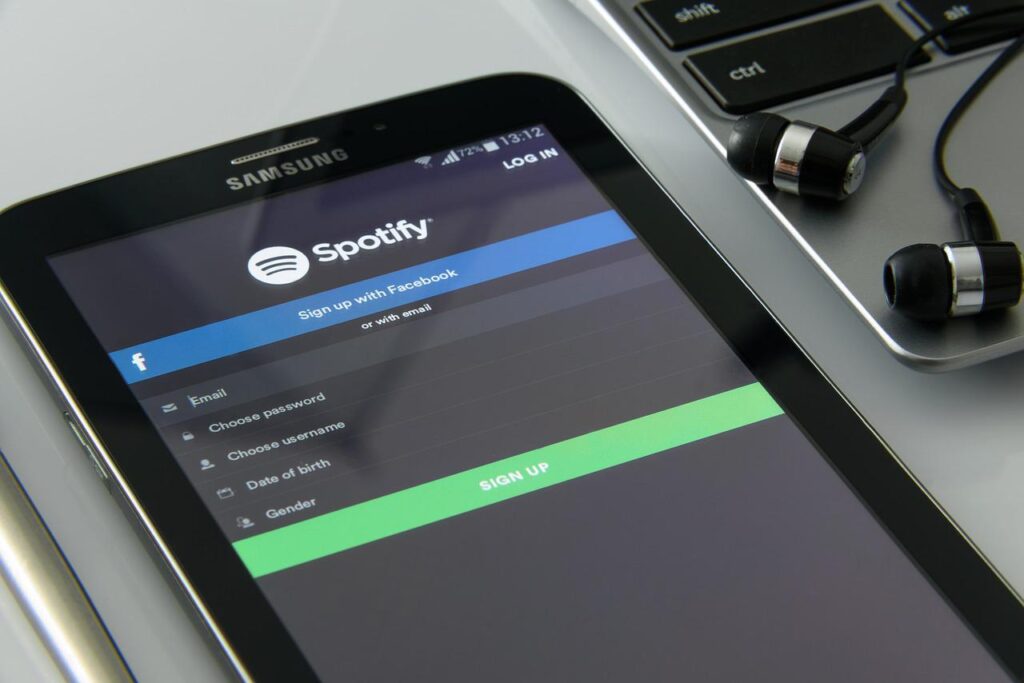
Comments in the media
At the 2012 Guardian ‘Changing Media’ Summit, attended by Spotify’s UK Managing Director as well as Universal Music’s Director of Digital Paul Smernicki and other music experts, Universal refuted the idea that streaming services cannibalise music sales.
Smernicki examined that Universal had examined Spotify’s data but were unable to find any evidence suggesting that Spotify and other similar services cannibalised music sales. This was backed up by XFM DJ Mary Anne Hobbs, who commended streaming services saying that it was a ‘wonderful thing’.
Last Minute Musician Joseph Alexander says:
Spotify’s basic argument / business structure seems to be that music piracy is the norm, it’s better to get virtually nothing for your work than F all. It’s a completely flawed argument obviously but they’re shouting it for all they’re worth.
Joseph Alexander
There are alternative services for musicians, such as BandCamp, which allows fans to stream music for free, uninterrupted. However, even BandCamp take a small cut of profits after a certain amount of sales. For now at least, the question of whether to sign up to Spotify remains a finely balanced debate, and contingent on individual circumstance.
Are you an unsigned artist? Would you sign up to Spotify? Let us know in the comments below!
Share this:

